In our interconnected world, a global cyberattack can feel like a scene straight out of a thriller movie—but it’s a reality we should all be prepared for. In moments like these, personal identity becomes one of the most vulnerable assets, targeted by hackers looking to exploit weaknesses for financial gain or chaos.
The good news is that there are simple, effective steps you can take to shield your information and maintain control. Safeguarding your identity isn’t about paranoia; it’s about being proactive and staying a step ahead of potential threats. Let me share some smart strategies to help you stay secure.
Use Strong, Unique Passwords for Every Account
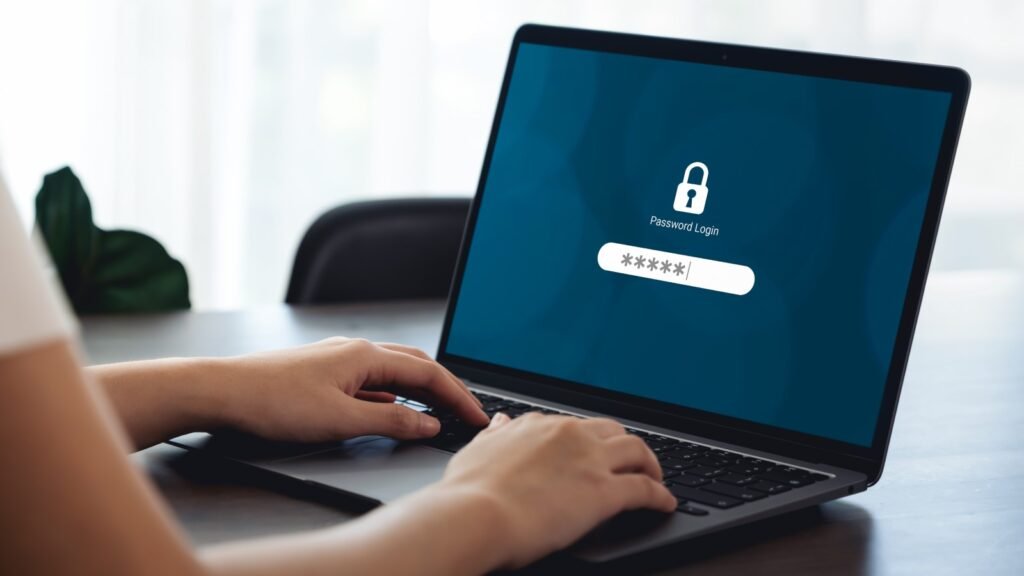
Weak passwords are like open doors for cybercriminals. Create strong, unique passwords for each account, combining upper- and lowercase letters, numbers, and symbols. A password manager can help you generate and store them securely. Avoid using personal details like your name or birthdate—these are often the first guesses for hackers.
Enable Two-Factor Authentication Everywhere
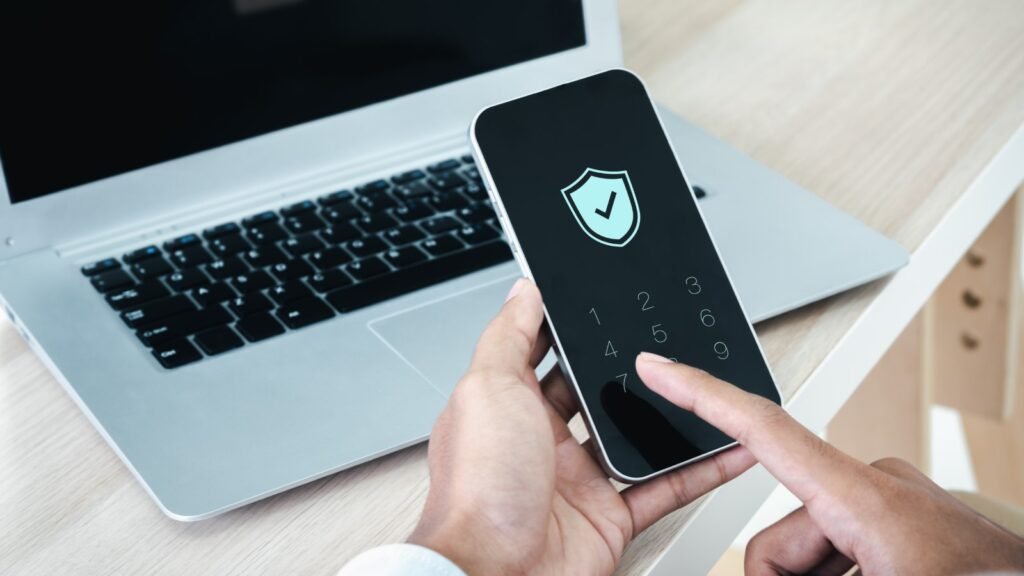
Two-factor authentication (2FA) adds an extra layer of security by requiring a second form of identification, like a code sent to your phone. Even if someone steals your password, they won’t be able to access your accounts without this second step. Turn on 2FA wherever possible, especially for email, banking, and social media accounts.
Monitor Your Accounts Regularly

Keeping an eye on your accounts can help you catch suspicious activity early. Set up alerts for unusual logins, transactions, or changes to your account information. Check your credit report periodically, and consider enrolling in an identity theft monitoring service for added peace of mind.
Be Wary of Phishing Attempts
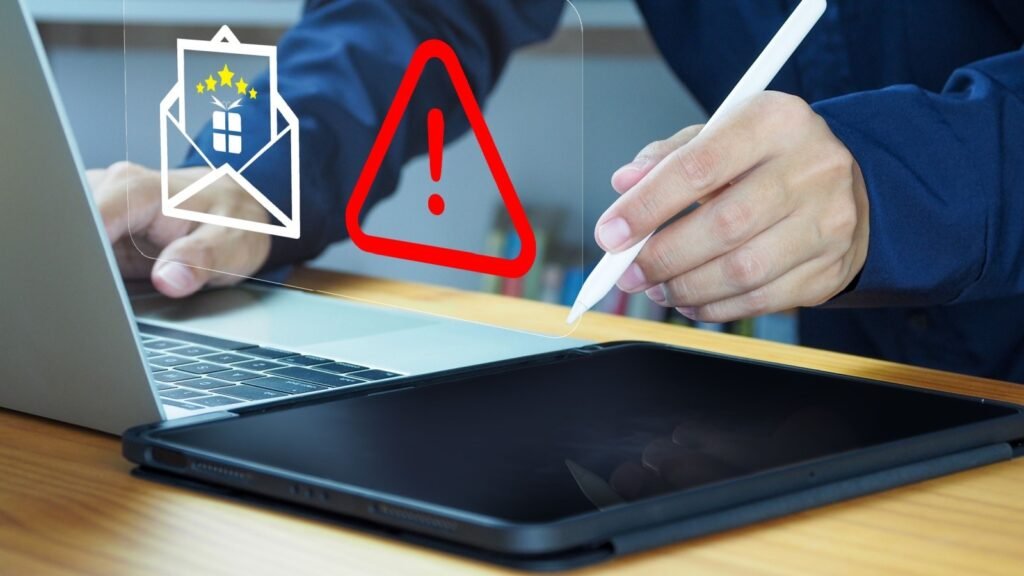
Phishing is a favorite tactic for hackers, who use fake emails or websites to trick you into revealing personal information. Never click on links or download attachments from unfamiliar sources, and double-check URLs for subtle misspellings. If an email seems suspicious, contact the organization directly using verified contact details.
Keep Software and Devices Updated
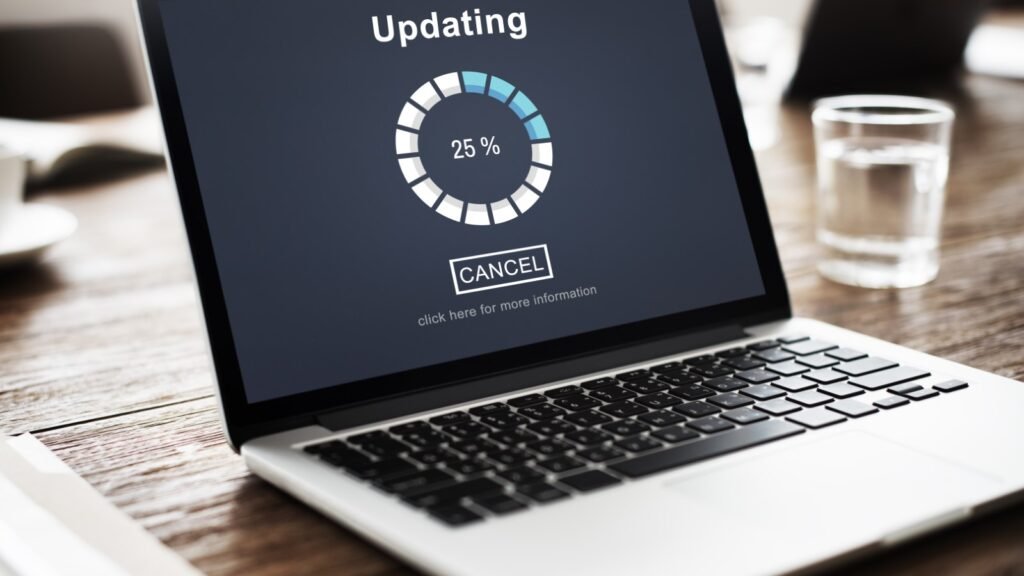
Outdated software can have vulnerabilities that hackers exploit. Regularly update your operating system, apps, and antivirus programs to ensure you have the latest security patches. Turn on automatic updates where possible to stay protected without the hassle of manual checks.
Use a Virtual Private Network When Online
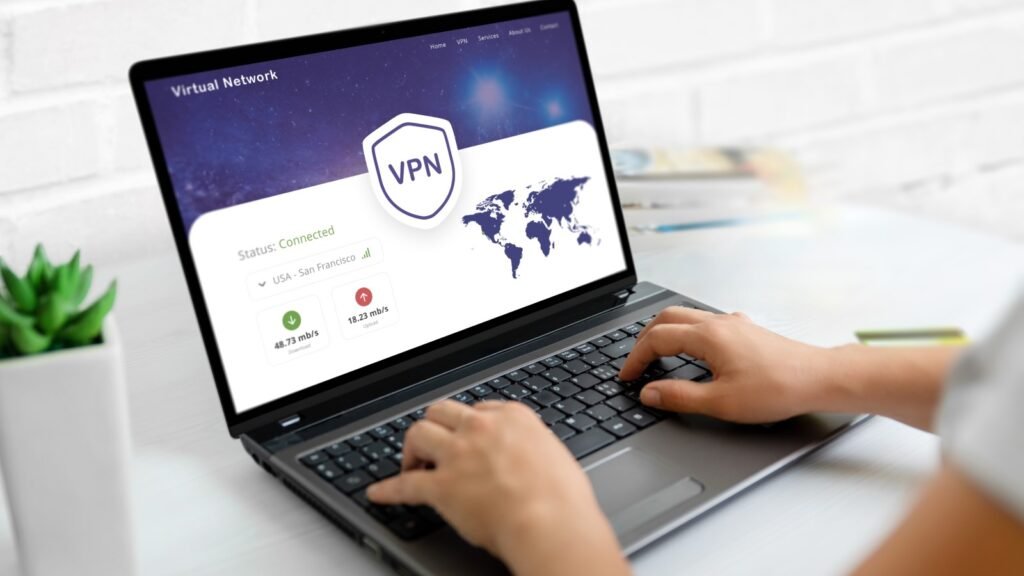
A Virtual Private Network (VPN) encrypts your internet connection, making it harder for hackers to intercept your data. Use a reputable VPN, especially when using public Wi-Fi networks, which are often insecure and prone to cyberattacks.
Limit the Information You Share Online

The less personal information you share, the harder it is for cybercriminals to piece together your identity. Avoid oversharing on social media, and think twice before filling out online forms unless absolutely necessary. Every detail you reveal can become a clue for attackers.
Secure Your Home Network

Your home Wi-Fi can be a weak link in your security chain if not properly secured. Change the default password on your router, enable WPA3 encryption, and ensure your network is private. Regularly update your router’s firmware to guard against vulnerabilities.
Have a Plan for a Cyber Emergency

If a cyberattack compromises your data, having a response plan in place can save you time and stress. Know how to freeze your credit, file an identity theft report, and contact your bank or credit card companies. Keep a list of important contacts and resources ready so you can act swiftly.
Educate Yourself and Your Family

Knowledge is power in the fight against cybercrime. Stay informed about common threats and teach your family how to recognize and respond to them. Make cybersecurity a habit in your household by practicing these tips regularly.

